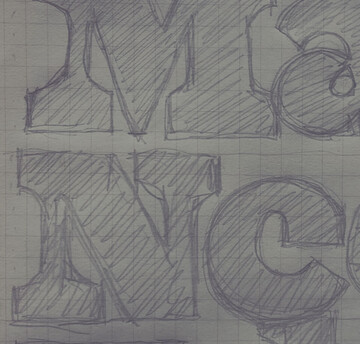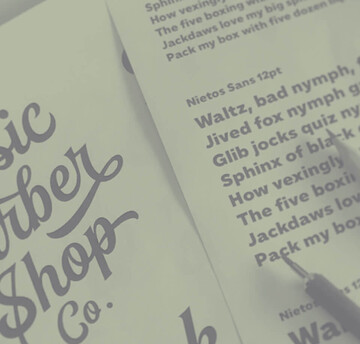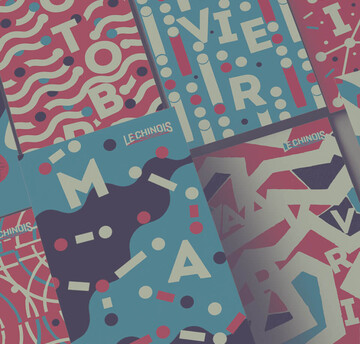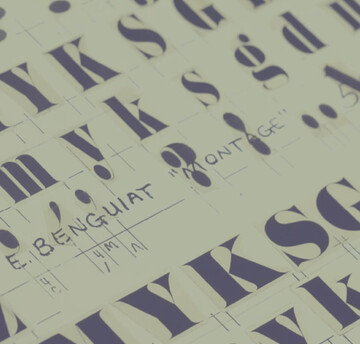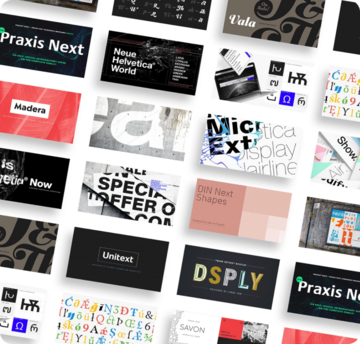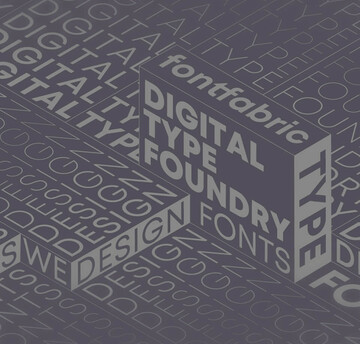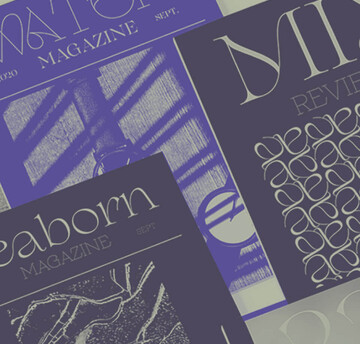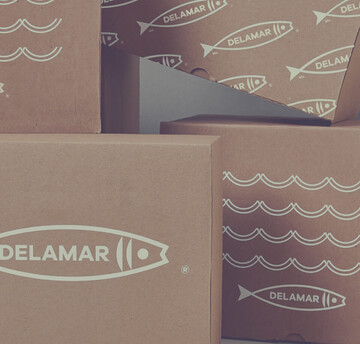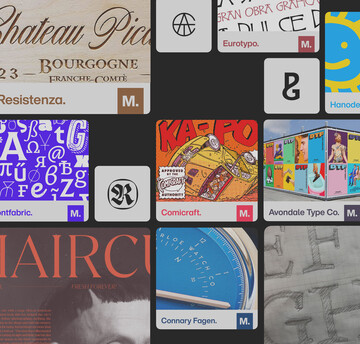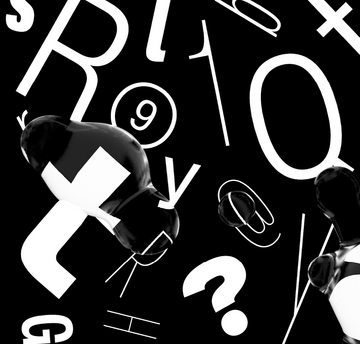Monotype AI Code of Ethics
Artificial Intelligence (AI) has emerged as a powerful technology, quickly impacting several aspects of the typography industry. As AIs continue to ingest, analyze, and learn from vast amounts of data, their functionality in improving decision-making, automation, and generating new products, services, and experiences will continue to improve.
Monotype’s Emerging Use of Artificial Intelligence.
While this technology offers exceptional opportunities for Monotype to better serve our customers, there are important IP complexities and ethical issues that must be considered, Training AIs on large quantities of high-quality data is essential but opens up the possibility that some of that ingested data is protected by copyright or other IP rights, potentially exposing infringement claims. Generative AI technology raises questions about human authorship and whether a machine can create intellectual property.
Even when properly trained on high-quality data, AI can still produce biased results that may unintentionally discriminate or offend the people it’s meant to serve.
It’s essential to be mindful of ethical considerations when developing and implementing AI systems. This includes taking steps to understand how data and other content is ingested and generated, identify and address any potential biases in the data, as well as testing and refining the AI to ensure it aligns with Monotype’s brand values and mission. As we continue to explore opportunities with AI, we will work to stay ahead of these biases and contribute our findings to the rest of the creative industry to realize more equitable future systems.
How Does Monotype Leverage AI.
Artificial intelligence models can be trained on large datasets of fonts and their properties, as well as how these fonts can be used in various design contexts. For example, if a document contains many technical terms, the model can make recommendations that are well-suited to displaying technical information. Likewise, when a document embodies a particular style or emotion, such as “poetic” or “whimsical,” the model may make font recommendations that blend well with the content selection.
Monotype leverages AI models to help creative professionals be more efficient when searching for fonts by providing tools that save time and effort, improving the quality and effectiveness of the typographic choice.
Monotype also leverages AI tools to improve its customer experience by offering more robust support channels that offer quicker and higher quality responses to its customers.
Preserving the Human Nature of Our Industry.
Monotype is committed to protecting the intellectual property of typography designers globally. As such, we will not use fonts from our distribution partners to train AI to design new fonts. It is critical for us to protect the inherently human design process that results in high-quality type, whether or not it is created by our team or other members of the industry. We take this responsibility seriously.
Moreover, as AI takes an increasingly visible role in the design process, retaining the ability to identify machine-generated content is essential. Monotype is working with Pixelstream to contribute support for font files to the Content Authenticity Initiative Open Source Toolkit. The Content Authenticity Initiative, a community of over 1,000 members is working to build and promote a standard for verifiable, trustworthy content online.
How Does Monotype Operationalize AI.
Monotype, like many technology organizations, is learning how to responsibly integrate artificial intelligence into its products and processes. As such, we are extremely mindful of consequences, such as unintended bias or IP infringement, in our models and are taking several steps to ensure a greater level of trust across all our user audiences. Some of these steps include:
-
Training employees in AI ethics and information security.
-
Validating training data that is used to develop our AI tools in all environments.
-
Testing the deployment of AI systems for bias prior to activating them in any live workflows.
-
Communicate how our AI systems work, and foster transparency as our use of these systems continues to evolve.
-
Ensure our AI is properly reviewed by a diverse panel of users.
-
Adopting processes to prevent the unintended use of third party intellectual property to train AIs.
-
Collaborate with like-minded innovators in-and-outside of our immediate industry, to support innovation standards wherever our font technology is used, including exploring organizations like the Partnership on AI.
Future.
Monotype will continue to research ways to responsibly innovate using artificial intelligence, on behalf of our organization and the broader type and creative community. Like all organizations, we are learning quickly and expect to evolve our standards of use as we gain insight and work to mitigate any negative consequences of this rapid development. We believe AI represents an enormous opportunity for our industry, and will update this page as we make changes to our internal policy.
